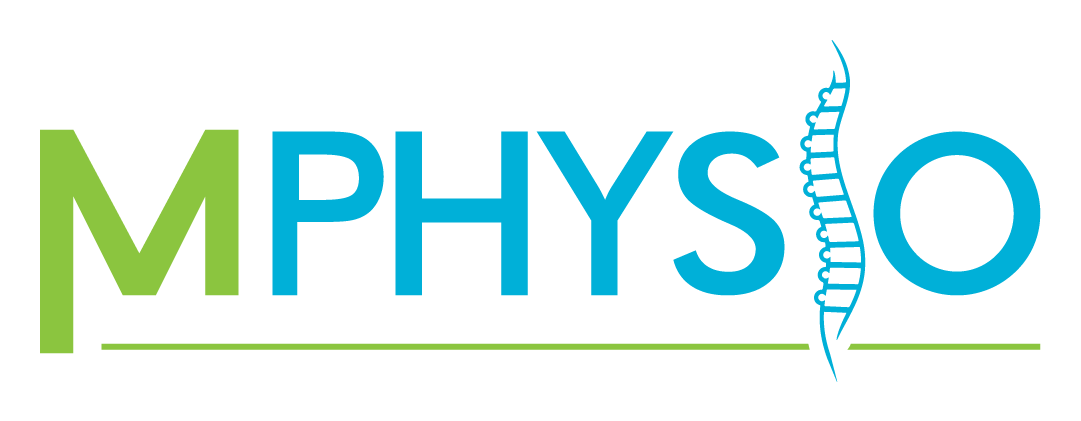Blog, Physiotherapy, Posture, Stretches
When should I get a scan for my Lower Back Pain?

When it comes to lower back pain, it is essential to understand that a large majority of cases are non-specific. This means that even if you undergo radiological scans like X-rays or MRIs, they may not reveal a specific cause for your pain.
I’m Dominic Forsythe, a physiotherapist with over 10 years’ experience treating back pain in both Australia and New Zealand. I am currently located in the sunny Gold Coast. As the Principal Physiotherapist at M Physio, with my years of experience, I can provide a comprehensive assessment and top-level treatment plan that you need when experiencing lower back pain. While scans can be helpful in certain cases, they are not always necessary. My expertise lies in deciphering the underlying issues and tailoring a treatment plan accordingly.
When is a Scan Appropriate for Determining the Cause of My Back Pain?
Specific causes of lower back pain can vary, and while many cases are non-specific, there are instances where specific conditions may be present. In fact, research suggests that up to 90% of all low back pain cases may be classified as “non-specific”, meaning that only approximately 10% could be explained by radiological findings or more sinister pathologies (1).
These conditions include:
Radiculopathy: This condition involves compression or irritation of spinal nerve roots, leading to pain, numbness, or weakness that radiates along the nerve pathway.
Large lumbar disc protrusions: When the discs between the vertebrae in the lower back bulge or herniate, they can compress nearby nerves, causing pain, tingling, or weakness in the legs.
Spondylolisthesis: This condition occurs when one vertebra slips forward over the one below it, often resulting in lower back pain and sometimes compressing spinal nerves.
Central stenosis: Central stenosis refers to a narrowing of the spinal canal in the lumbar region, which can put pressure on the spinal cord or nerves, leading to symptoms such as pain, numbness, or weakness in the legs.
In such cases, scans may be appropriate to identify the exact cause of your pain and determine the most effective treatment approach.
What are Red Flags?
Red Flags for lower back pain are indicators of potentially serious underlying conditions that require immediate medical attention.
These may include:
Infections: Infections of the spine, such as spinal osteomyelitis or discitis, can cause severe back pain, fever, and neurological symptoms.
Fractures: Fractures of the vertebrae, especially in older adults or those with osteoporosis, can occur due to trauma or underlying bone weakness and may present with severe pain and deformity.
Tumours: Spinal tumours, whether primary (originating in the spine) or secondary (metastasising from other parts of the body), can cause persistent back pain, especially at night, along with neurological symptoms like weakness or numbness.
If any of these Red Flags are present or suspected, scans are required to evaluate the extent of the condition and guide appropriate management. As a physiotherapist at M Physio Gold Coast, I will work closely with you, your GP, and a radiologist to facilitate any necessary imaging and ensure comprehensive care.
Who should I see?
In the overall assessment and management of lower back pain, physiotherapy plays a crucial role in addressing both the immediate symptoms and underlying factors contributing to the condition.
At MPhysio on the Gold Coast, we prioritise a thorough assessment to understand the specific issues causing your discomfort and tailor a personalised treatment plan accordingly. If during our assessment we find that scans are appropriate, we will refer you to your GP and work closely with them and a radiologist to facilitate any necessary imaging. From targeted exercises and manual therapy techniques to ergonomic advice and lifestyle modifications, our goal is to empower you to take control of your pain and regain function.
Don’t let lower back pain hold you back from enjoying life to the fullest.
Reach out to us today at 1800 992 999. I am happy to organise a time to have a 10 minute Free Phone Call to discuss your condition and chat about how we can get your started on the pathway to being pain free!
 |
Written By:
Dominic Forsythe (Physiotherapist) B.Health Sciences (Phty) |
References
1: Koes BW, van Tulder MW, Thomas S. Diagnosis and treatment of low back pain. BMJ 2006; 332:1430–34


